Mosquito bites are a common occurrence during the summer months, and they can be both irritating and uncomfortable. While there are many over-the-counter remedies available to reduce the itching and swelling caused by mosquito bites, some people prefer to use natural remedies instead. Herbal remedies for mosquito bites have been used for centuries to help alleviate the discomfort associated with insect bites.
Disclaimer: This article is provided for informational purposes only and should not replace professional medical advice. Please consult with a qualified healthcare practitioner or herbalist before using any herbal remedies.
Understanding Mosquito Bites Mosquito bites occur when a mosquito bites into the skin and injects saliva, which contains anticoagulants and proteins that cause an allergic reaction. The reaction causes the skin to become red, swollen, and itchy. In some cases, mosquito bites can also cause fever, headache, and body aches. While mosquito bites are generally harmless, they can be uncomfortable and irritating.

Why Herbal Remedies? Herbal remedies for mosquito bites are a popular alternative to traditional over-the-counter remedies. Many people prefer to use natural remedies because they are often less expensive, readily available, and have fewer side effects. Additionally, herbal remedies may be more effective for some people than traditional remedies. Some herbs and plants have natural anti-inflammatory and antihistamine properties that can help reduce the swelling and itching associated with mosquito bites.
Key Takeaways
- Herbal remedies have been used for centuries to alleviate the discomfort associated with mosquito bites.
- Natural remedies may be less expensive, readily available, and have fewer side effects than traditional over-the-counter remedies.
- Some herbs and plants have natural anti-inflammatory and antihistamine properties that can help reduce the swelling and itching associated with mosquito bites.
Understanding Mosquito Bites
Mosquitoes are tiny flying insects that feed on the blood of humans and animals. Female mosquitoes are the ones that bite as they require the protein found in blood to lay eggs. Mosquito bites are not only annoying but can also transmit diseases like malaria, dengue fever, and Zika virus.
When a mosquito bites, it injects a small amount of saliva into the skin. The saliva contains an anti-coagulant that prevents the blood from clotting, making it easier for the mosquito to feed. The body recognizes the mosquito saliva as a foreign substance and produces an inflammatory response, resulting in an itchy bump and skin irritation.
The severity of the reaction to mosquito bites varies from person to person. Some people may not react at all, while others may experience a significant amount of swelling and discomfort. Repeated exposure to mosquito bites can also cause an increase in the severity of the reaction.
It is important to avoid scratching mosquito bites as it can lead to further skin irritation and increase the risk of infection. Applying a cold compress or using over-the-counter anti-itch creams can help alleviate the symptoms.
In addition to using conventional treatments, many people also turn to herbal remedies to alleviate the symptoms of mosquito bites. While some herbal remedies may help relieve the itching and swelling, it is important to note that there is limited scientific evidence to support their effectiveness. It is always best to consult with a healthcare professional before using any herbal remedies.
Why Herbal Remedies?
When it comes to treating mosquito bites, there are a variety of options available. While over-the-counter medications and creams may be effective, many people prefer to use natural remedies instead. Herbal remedies, in particular, have gained popularity in recent years for their ability to soothe and heal mosquito bites without the use of harsh chemicals.
One of the main advantages of using herbal remedies for mosquito bites is that they are natural and often readily available. Many of the ingredients used in these remedies can be found in your own backyard or kitchen, making them a convenient and affordable option. Additionally, natural remedies are often gentler on the skin than synthetic ones, reducing the risk of irritation or other adverse reactions.
Herbal remedies also offer a range of benefits beyond simply treating mosquito bites. Many natural ingredients have antiseptic and anti-inflammatory properties, making them useful for a variety of skin conditions. For example, aloe vera is a popular natural remedy for sunburns, while tea tree oil is often used to treat acne and other skin irritations.
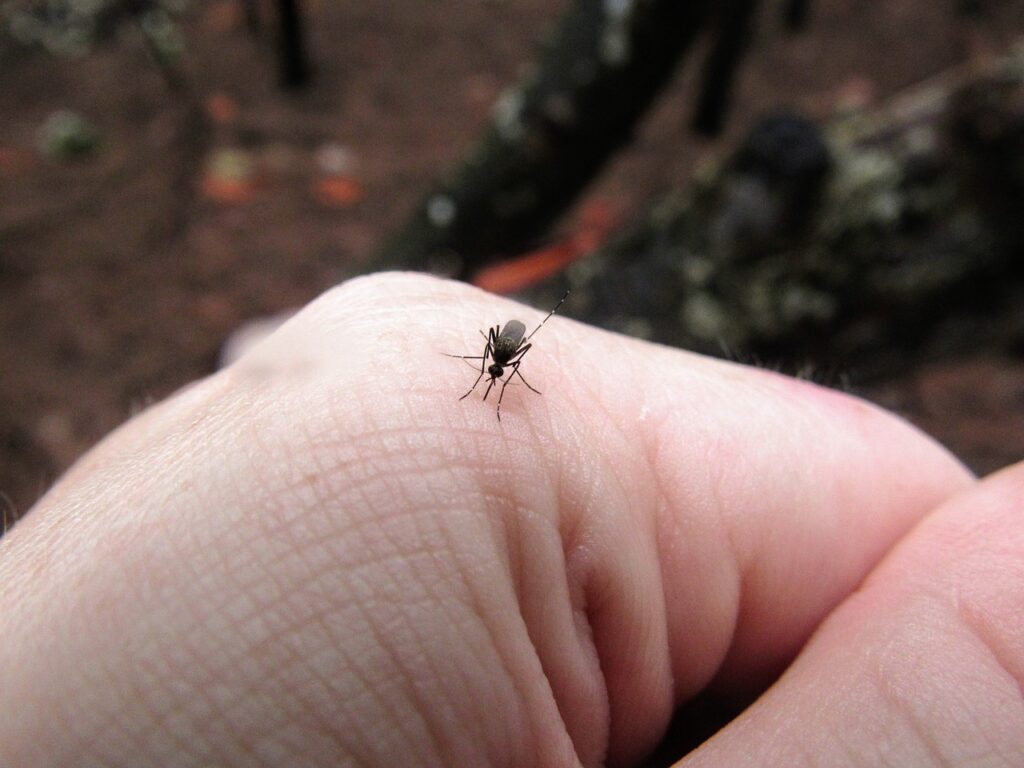
Overall, herbal remedies are a safe and effective option for treating mosquito bites and other skin conditions. While they may not work for everyone, they offer a natural alternative to synthetic medications and creams. If you are looking for a natural way to soothe and heal mosquito bites, consider trying one of the many herbal remedies available.
Essential Oils for Mosquito Bites
Essential oils are a popular natural remedy for mosquito bites. They are derived from plants and contain volatile compounds that are known for their therapeutic properties. Essential oils have been used for centuries to treat a variety of ailments, including insect bites and stings.
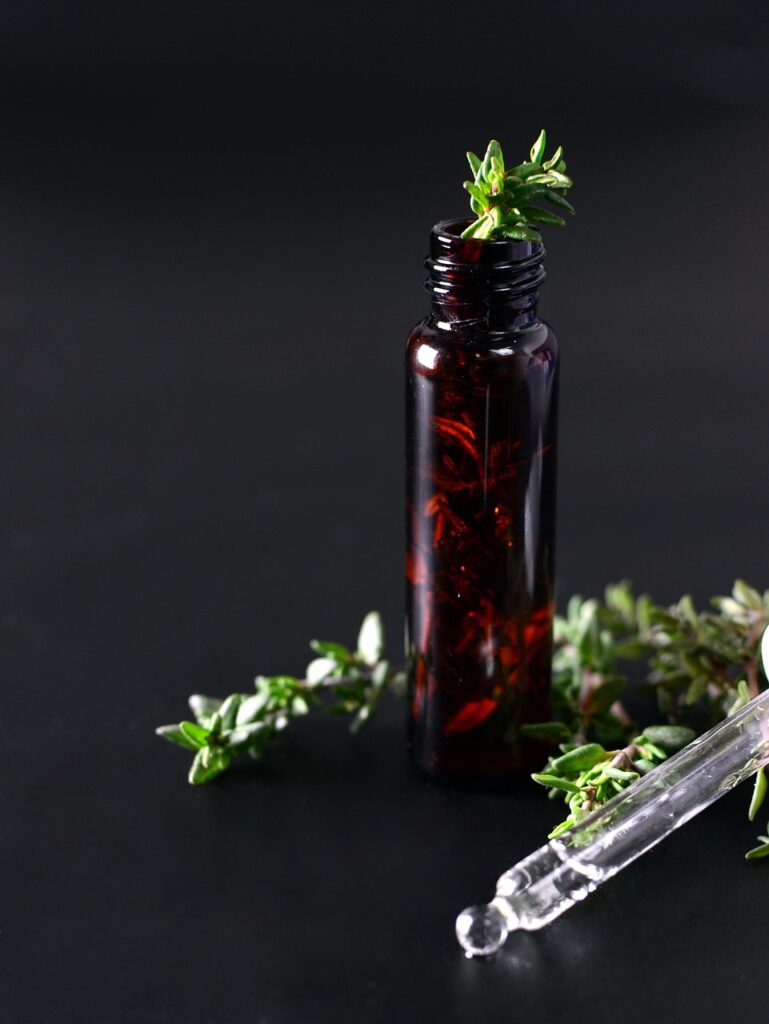
Tea Tree Oil~ Herbal Remedies for Mosquito Bites
One of the most popular essential oils for mosquito bites is tea tree oil. It has antibacterial and antifungal properties that can help prevent infection and reduce inflammation. Tea tree oil can be applied directly to the bite, or it can be mixed with a carrier oil, such as coconut or olive oil, to dilute it.
Peppermint Oil~ Herbal Remedies for Mosquito Bites
Peppermint oil is another essential oil that can be used to treat mosquito bites. It has a cooling effect that can help soothe the skin and reduce itching. Peppermint oil can also help reduce inflammation and swelling. Like tea tree oil, it can be applied directly to the bite or mixed with a carrier oil.
Lemon Balm~ Herbal Remedies for Mosquito Bites
Lemon balm is another essential oil that can be used to treat mosquito bites. It has antibacterial and antiviral properties that can help prevent infection. Lemon balm can also help reduce inflammation and itching. It can be applied directly to the bite or mixed with a carrier oil.
When using essential oils for mosquito bites, it is important to dilute them with a carrier oil to prevent skin irritation. Carrier oils can also help the essential oils penetrate the skin more effectively. Some popular carrier oils include coconut oil, olive oil, and almond oil.
In conclusion, essential oils can be an effective natural remedy for mosquito bites. Tea tree oil, peppermint oil, and lemon balm are all essential oils that have antibacterial properties and can help reduce inflammation and itching. When using essential oils, it is important to dilute them with a carrier oil to prevent skin irritation.
Using Kitchen Ingredients~ Herbal Remedies for Mosquito Bites
Many kitchen ingredients can provide relief from mosquito bites. Here are some common ones:
Apple Cider Vinegar
Apple cider vinegar can reduce itching and swelling caused by mosquito bites. It contains acetic acid, which has anti-inflammatory properties. To use it, soak a cotton ball in apple cider vinegar and apply it to the affected area. Leave it on for a few minutes and then rinse with water. Repeat as needed.
Raw Honey
Raw honey has antibacterial and anti-inflammatory properties that can help soothe mosquito bites. Apply a small amount of honey to the bite and cover it with a bandage. Leave it on for a few hours or overnight.
Lemon Juice
Lemon juice has natural astringent properties that can help reduce swelling and itching caused by mosquito bites. Squeeze some fresh lemon juice onto a cotton ball and apply it to the bite. Leave it on for a few minutes and then rinse with water. Repeat as needed.
Olive Oil
Olive oil can help reduce itching and inflammation caused by mosquito bites. It contains oleocanthal, which has anti-inflammatory properties. Apply a small amount of olive oil to the bite and massage gently. Repeat as needed.
Baking Soda Paste
Baking soda paste can help reduce itching and swelling caused by mosquito bites. Mix a small amount of baking soda with water to make a paste. Apply the paste to the bite and leave it on for a few minutes. Rinse with water and repeat as needed.
Sodium Bicarbonate
Sodium bicarbonate, or baking soda, can also help reduce itching and swelling caused by mosquito bites. Mix a small amount of baking soda with water to make a paste. Apply the paste to the bite and leave it on for a few minutes. Rinse with water and repeat as needed.
Using kitchen ingredients can be an effective and natural way to treat mosquito bites. However, if the bite becomes infected or the symptoms worsen, seek medical attention.
Beneficial Herbs and Plants~ Herbal Remedies for Mosquito Bites
Herbal remedies have been used for centuries to alleviate the symptoms of mosquito bites. Some of the most effective herbs and plants for this purpose include witch hazel, aloe vera plant, fresh basil, basil leaves, green tea bag, and chamomile tea.
Witch Hazel~ Herbal Remedies for Mosquito Bites
Witch hazel is a natural astringent that can help reduce inflammation, itching, and pain caused by mosquito bites. It is often used in commercial products such as creams and sprays. Applying witch hazel directly to the bite area can provide quick relief.
Aloe Vera~ Herbal Remedies for Mosquito Bites
Aloe vera plant is another popular remedy for mosquito bites. The gel inside the leaves of the plant has anti-inflammatory properties that can help reduce swelling and itching. Simply cut a leaf of the aloe vera plant and apply the gel directly to the bite area.
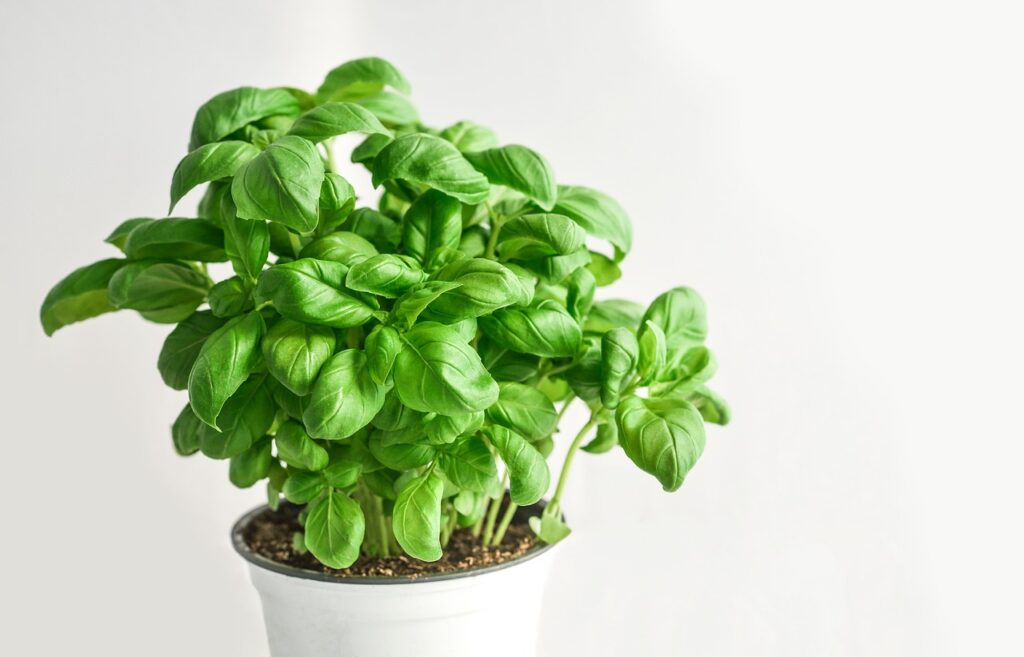
Basil~ Herbal Remedies for Mosquito Bites
Fresh basil and basil leaves are also effective in treating mosquito bites. Basil contains eugenol, a compound that has anti-inflammatory and analgesic properties. Crush a few fresh basil leaves and apply the juice to the bite area for quick relief. Alternatively, steep a handful of basil leaves in hot water to make a soothing tea that can be applied to the bite area.
Green Tea~ Herbal Remedies for Mosquito Bites
Green tea bags can also be used to treat mosquito bites. Green tea contains polyphenols, which have anti-inflammatory properties. Simply steep a green tea bag in hot water, let it cool, and apply it to the bite area for a few minutes.
Chamomile~ Herbal Remedies for Mosquito Bites
Chamomile tea is another herbal remedy that can help alleviate the symptoms of mosquito bites. Chamomile contains bisabolol, a compound that has anti-inflammatory properties. Steep a chamomile tea bag in hot water, let it cool, and apply it to the bite area for a few minutes.
Overall, these herbs and plants can provide effective relief for mosquito bites. However, it is important to note that severe allergic reactions to mosquito bites can occur. If symptoms persist or worsen, seek medical attention immediately.
Cold and Warm Therapies
When it comes to treating mosquito bites with herbal remedies, cold and warm therapies are two of the most commonly used methods.
Cold therapy involves applying something cold to the affected area, which can help to reduce inflammation and swelling. This can be done using an ice pack, a cold water compress, or even an ice cube wrapped in a cloth. Applying cold therapy to a mosquito bite can help to numb the area, which can provide relief from the itching sensation.
On the other hand, warm therapy involves applying something warm to the affected area. This can help to increase blood flow to the area, which can help to speed up the healing process. Warm therapy can be done using warm water or a warm compress. This can also help to reduce inflammation and swelling.
It is important to note that cold therapy is generally recommended for the first 24-48 hours after a mosquito bite, while warm therapy is recommended after that time period has passed. Additionally, it is important to avoid using hot water or applying heat directly to the skin, as this can cause further irritation and damage.
Overall, both cold and warm therapies can be effective in treating mosquito bites with herbal remedies. It is important to choose the appropriate therapy based on the stage of the bite and to avoid any methods that could cause further irritation or damage to the skin.
Topical Applications
Topical applications are a common way to treat mosquito bites. They can help reduce swelling, itching, and pain. Some popular options include calamine lotion, hydrocortisone cream, and coconut oil.
Calamine lotion is a popular choice for treating mosquito bites due to its anti-itch and anti-inflammatory properties. It contains zinc oxide and ferric oxide, which work together to soothe and calm the skin. To use calamine lotion, simply apply a small amount to the affected area and let it dry.
Hydrocortisone cream is another option for treating mosquito bites. It contains a low dose of corticosteroid, which helps reduce inflammation and itching. However, it should not be used on open wounds or near the eyes. To use hydrocortisone cream, apply a small amount to the affected area and gently rub it in.
Coconut oil is a natural remedy that has both anti-inflammatory and antiseptic properties. It can help reduce swelling and prevent infection. Simply apply a small amount of coconut oil to the affected area and gently massage it in.
It is important to note that while topical applications can provide relief from mosquito bites, they are not a substitute for medical treatment. If a mosquito bite becomes infected or does not improve after a few days, it is important to seek medical attention.
Bathing Remedies
Bathing in certain herbal remedies can help alleviate the itching and swelling caused by mosquito bites. One popular remedy is an oatmeal bath. Oatmeal is known for its anti-inflammatory properties and can help soothe irritated skin. To take an oatmeal bath, one can add a cup of oatmeal to a tub of warm water and soak for 15-20 minutes. Alternatively, one can make an oatmeal paste by mixing oatmeal with excess water and applying it directly to the affected area.

Colloidal oatmeal is another option for those looking for a more convenient option. Colloidal oatmeal is finely ground oatmeal that has been processed into a powder. It can be added to a bath or mixed with water to make a paste. Colloidal oatmeal has been shown to be effective in reducing inflammation and itching caused by mosquito bites.
In addition to oatmeal, there are other herbal remedies that can be added to a bath to help alleviate mosquito bite symptoms. Some of these remedies include:
- Epsom salt: Epsom salt can help reduce swelling and inflammation caused by mosquito bites. It can be added to a bath or mixed with water to make a paste.
- Baking soda: Baking soda can help reduce itching and inflammation. It can be added to a bath or mixed with water to make a paste.
- Chamomile: Chamomile has anti-inflammatory properties and can help soothe irritated skin. It can be added to a bath or used to make a compress.
It is important to note that while these remedies can be helpful in reducing mosquito bite symptoms, they are not a substitute for medical treatment. If symptoms persist or worsen, it is best to seek medical attention.
Preventive Measures
There are several preventive measures that can be taken to reduce the likelihood of mosquito bites. In addition to using insect repellent, wearing long sleeves and pants can also provide protection against mosquito bites.
When spending time outdoors, especially during mosquito season, it is important to take extra precautions. This includes avoiding outdoor activities during peak mosquito hours, which are typically dawn and dusk.
In the United States, there are several mosquito repellent products available on the market. These products contain ingredients such as DEET, picaridin, and oil of lemon eucalyptus. It is important to follow the instructions on the product label and use the appropriate amount of repellent.
In addition to using insect repellent, there are also natural remedies that can be used to prevent mosquito bites. Burning mosquito-repellent candles or using essential oils like lavender, citronella, and peppermint can also be effective in keeping mosquitoes at bay.
Overall, it is important to take preventive measures to protect against mosquito bites. By using insect repellent, wearing protective clothing, and avoiding outdoor activities during peak mosquito hours, individuals can significantly reduce their risk of mosquito-borne illnesses.
When to Seek Medical Attention
In most cases, mosquito bites are harmless and do not require medical attention. However, there are certain situations where seeking medical attention is necessary.
If the individual experiences a severe allergic reaction to the mosquito bite, such as difficulty breathing, swelling of the face or throat, or hives, they should seek immediate medical attention. This type of reaction is rare, but it can be life-threatening.
Individuals should also seek medical attention if the mosquito bite leads to an open wound. Scratching the bite can break the skin and create an open wound, which increases the risk of infection. In some cases, the bite may become infected and require medical treatment.
If the individual is experiencing symptoms such as fever, headache, or body aches, they should consult a healthcare provider. These symptoms may indicate a more serious condition, such as malaria or dengue fever, which require medical attention.
In summary, most mosquito bites do not require medical attention. However, if the individual experiences a severe allergic reaction, develops an open wound, or experiences symptoms such as fever or headache, they should seek medical attention.

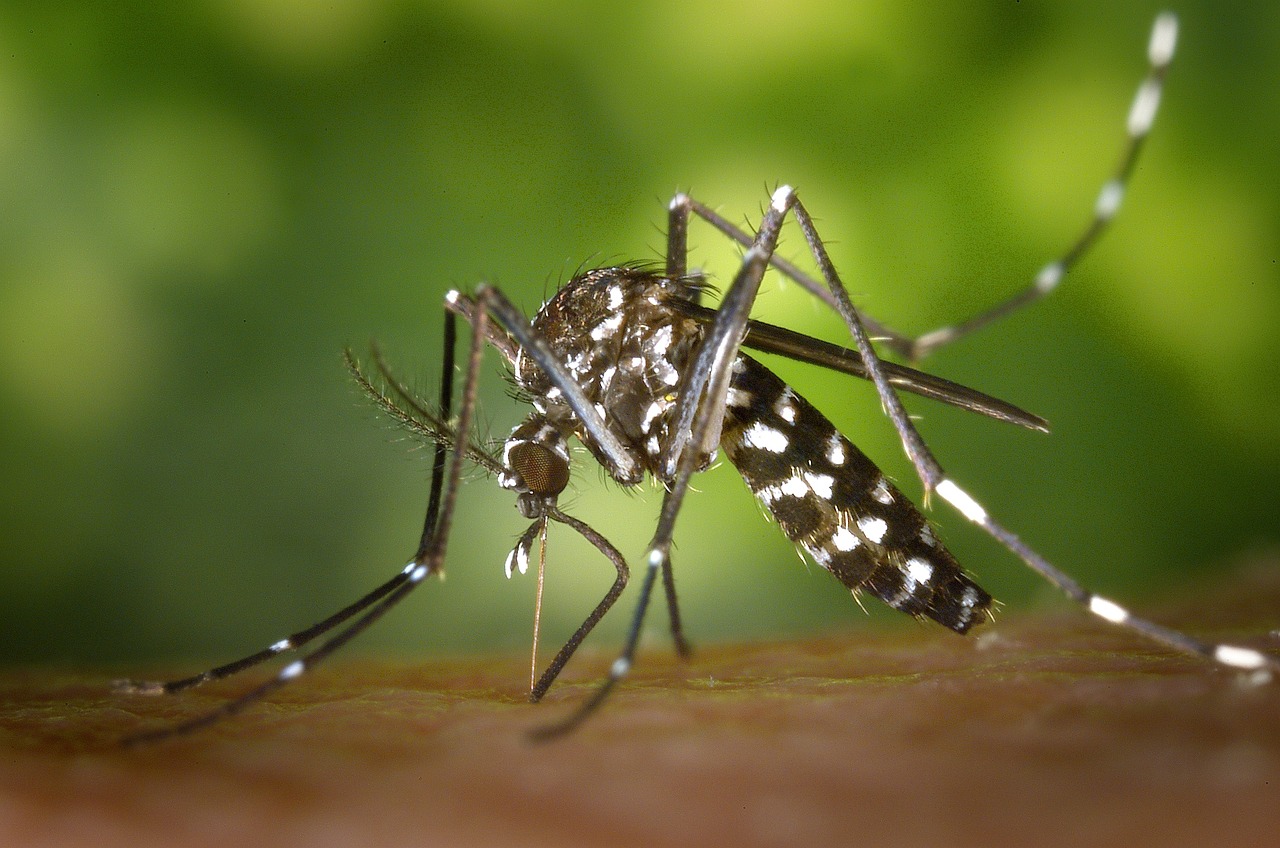

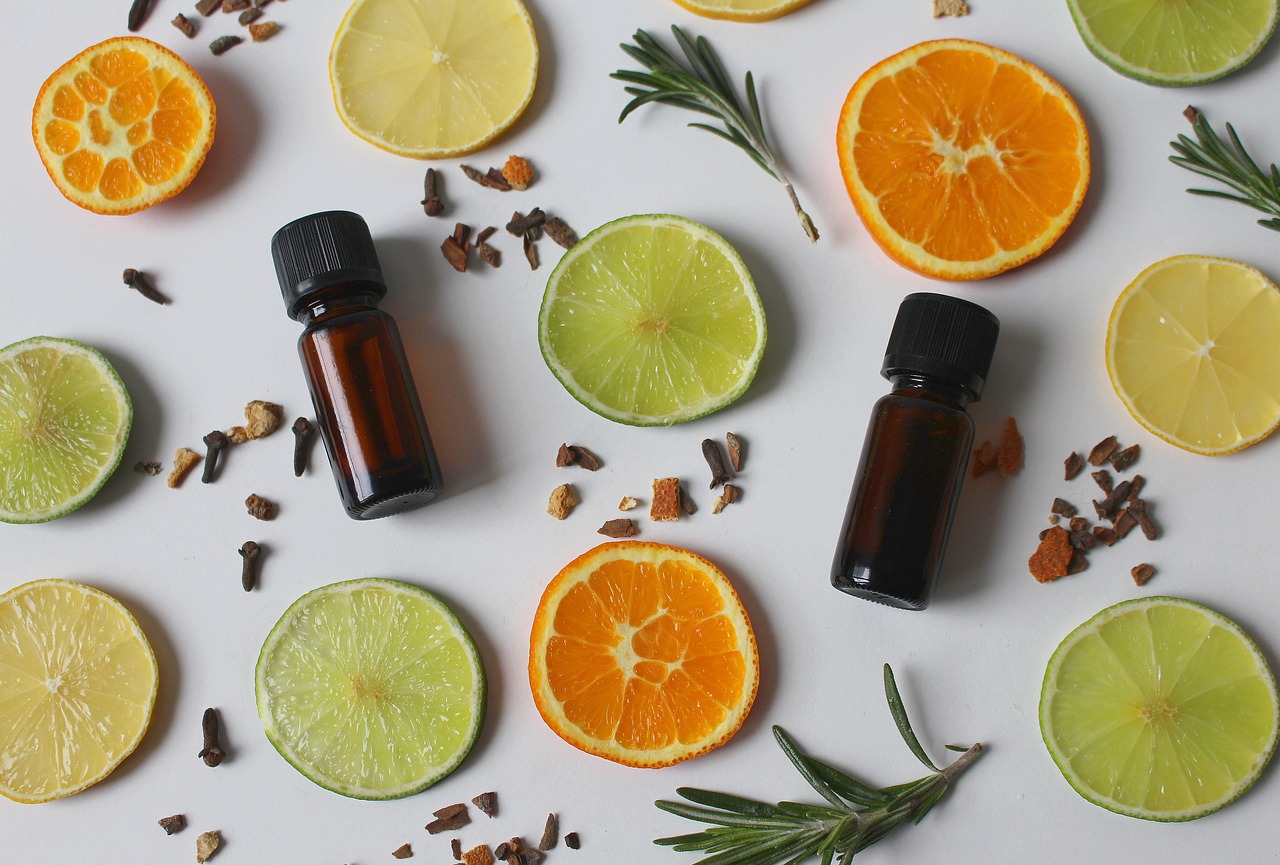
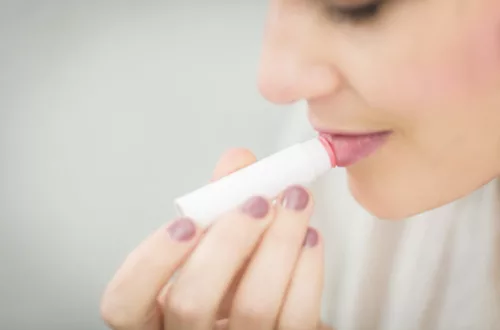


Wow, this blogger is seriously impressive!
I appreciate your creativity and the effort you put into every post. Keep up the great work!